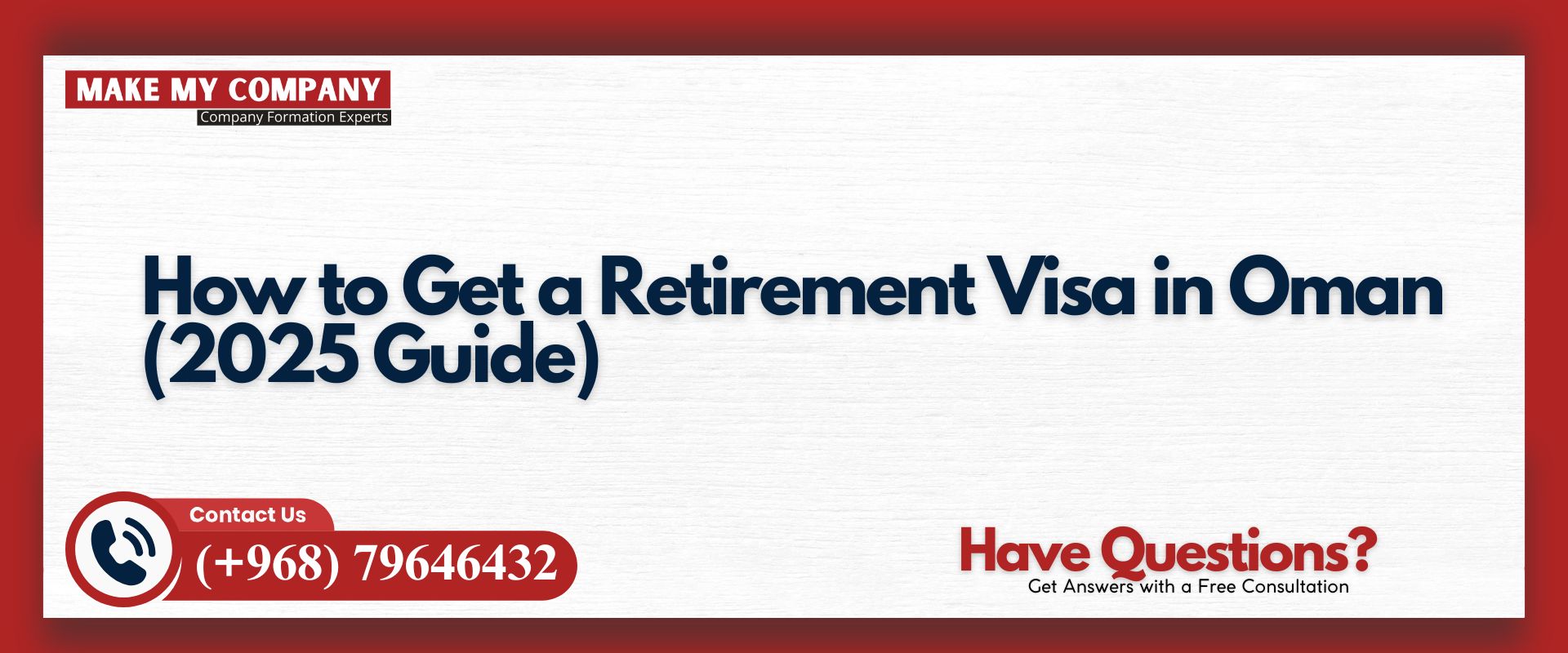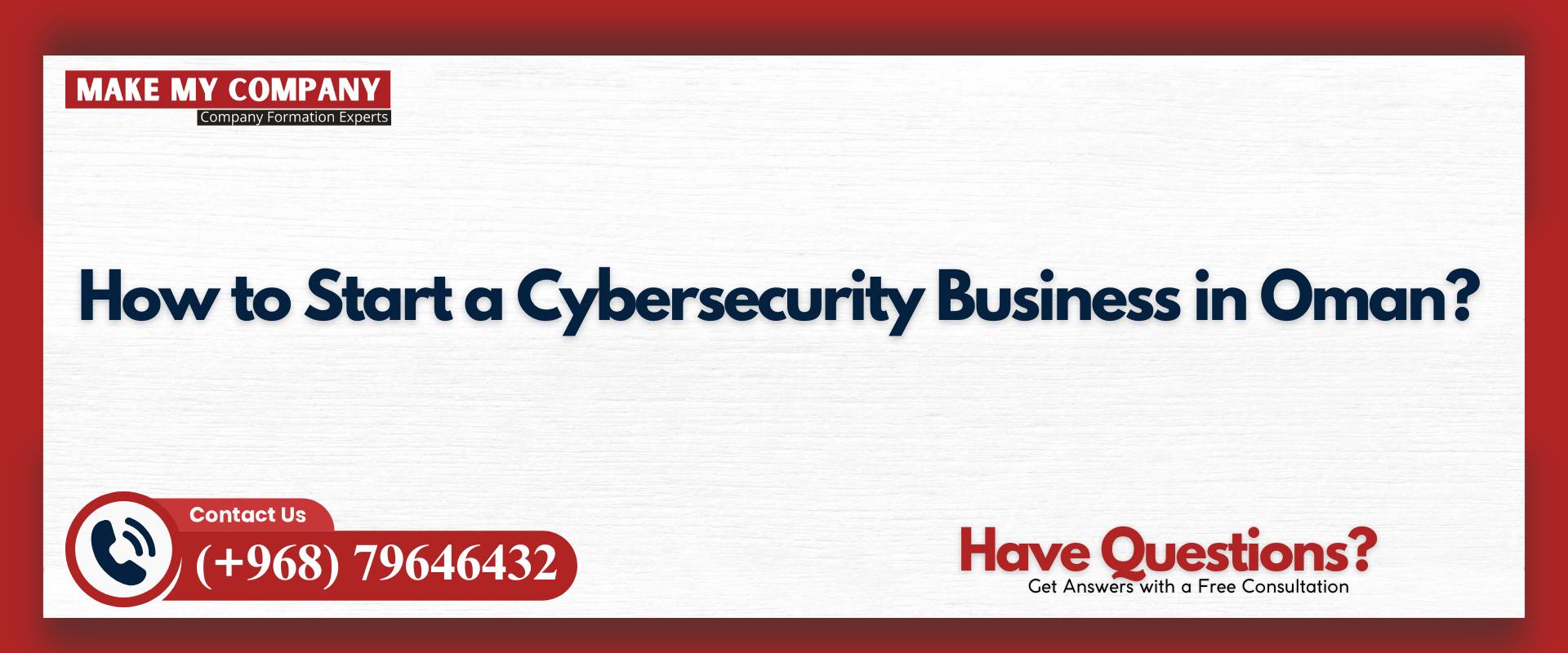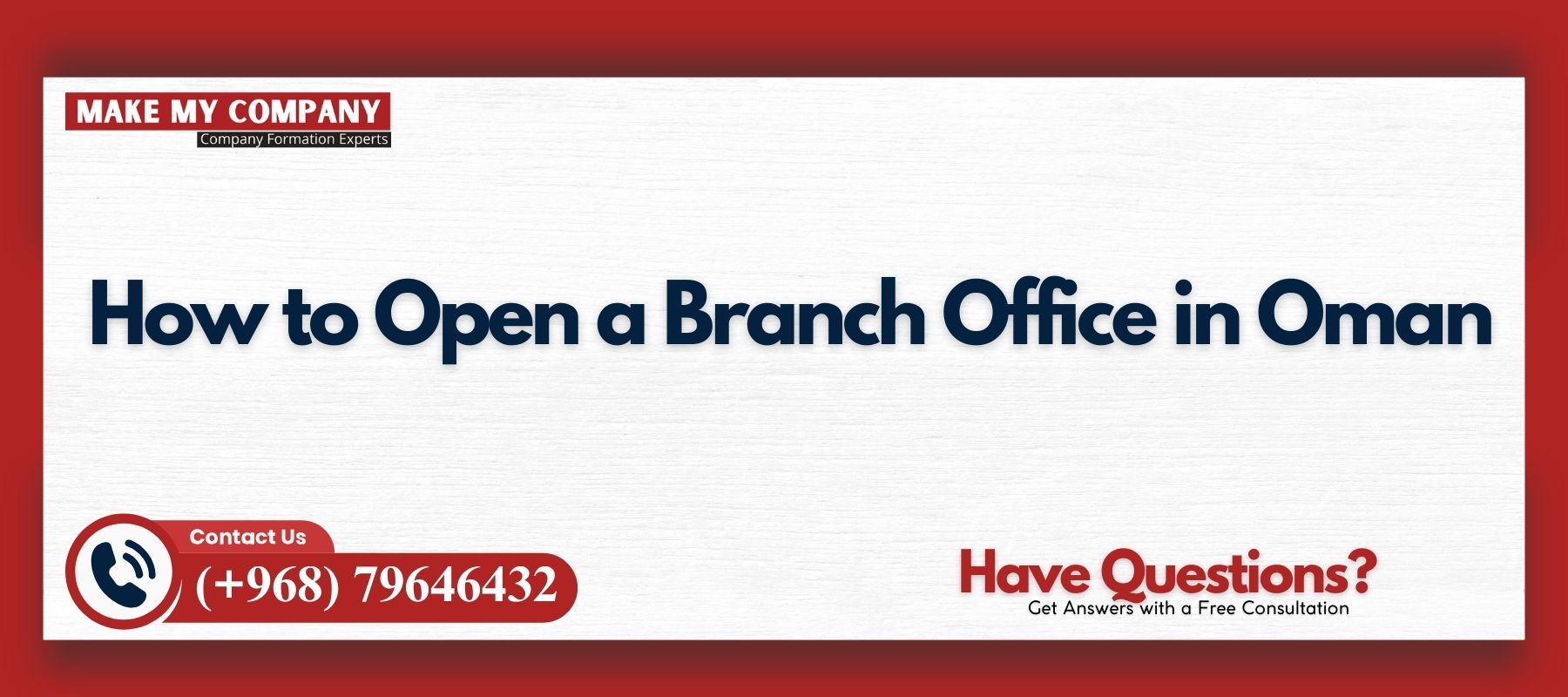Oman has emerged as an attractive destination for retirees seeking a peaceful lifestyle in the Middle East. With its stunning landscapes, rich cultural heritage, warm climate, and welcoming community, the Sultanate offers an ideal setting for those looking to spend their golden years abroad. The Omani government has recognized this appeal and introduced various visa options to facilitate foreign nationals who wish to establish residency in the country.
The process of obtaining an oman retirement visa involves understanding the specific requirements, gathering necessary documentation, and working with the appropriate government authorities. This comprehensive guide will walk you through everything you need to know about securing your residency in this beautiful Gulf nation.
Table of Contents
Understanding Oman’s Retirement Visa Options
The Omani government offers several pathways for retirees to establish legal residency. The Royal Oman Police (ROP) is the primary authority responsible for issuing residence permits and overseeing immigration matters in the Sultanate. When planning to retire in Oman, it’s essential to understand which visa category best suits your circumstances.
Unlike some countries that offer specific retirement visas with age requirements, Oman’s system provides flexibility through different residence permit categories. The most common options include investor visas, property owner visas, and residence permits sponsored by Omani nationals or companies. Each category has distinct requirements and benefits that cater to different retirement scenarios.
Types of Residence Permits Available
The retirement visa oman landscape includes several options worth considering. The investor residence permit is designed for individuals who can demonstrate significant financial investment in the country. This could include business ventures, substantial bank deposits, or other approved investment vehicles.
Another popular option is the property owner residence permit, which allows foreigners who purchase real estate in Oman to obtain residency. The Ministry of Housing and Urban Planning oversees property transactions and works in conjunction with the ROP to facilitate this type of visa. This route has become increasingly attractive as Oman’s real estate market offers excellent value and diverse options from coastal apartments to mountain retreats.
Eligibility Requirements for Retiring in Oman
Before beginning the application process for retiring in Oman, you must meet specific eligibility criteria. The requirements vary depending on which residence permit category you’re applying for, but there are some common prerequisites across all types.
For the investor residence permit, applicants typically need to demonstrate a minimum investment threshold. The Ministry of Commerce, Industry and Investment Promotion (MOCIIP) sets these requirements, which can change based on government policy. Currently, substantial financial commitment to the Omani economy is essential, whether through business establishment, bank deposits, or approved investment funds.
Financial Requirements and Documentation
When applying for a retirement visa, financial stability is paramount. Applicants must provide comprehensive evidence of their ability to support themselves without seeking employment in Oman. This includes bank statements showing consistent income streams, pension documentation, investment portfolios, or other proof of financial resources.
The Central Bank of Oman requires that significant funds be deposited in local banks for certain visa categories. These deposits serve as security and demonstrate your commitment to residing in the country. Additionally, you’ll need to show proof of health insurance coverage that’s valid in Oman, as the Ministry of Health mandates adequate medical coverage for all residents.
The Property Owner Visa Route
For many retirees, obtaining a property owner visa represents the most straightforward path to residency. This option allows foreign nationals who purchase property in designated areas to apply for residence permits for themselves and their immediate family members.
The Ministry of Housing and Urban Planning designates specific integrated tourism complexes (ITCs) where foreigners can purchase property with full ownership rights. These developments are strategically located in areas like Muscat, Salalah, and other tourist destinations, offering world-class amenities and services tailored to expatriate residents.
Property Purchase Process
To qualify for retirement in Oman through property ownership, you must first identify a suitable property in an approved development. Working with registered real estate agents and developers ensures compliance with all regulations. The property value must meet minimum thresholds set by the government, which vary depending on the location and type of development.
Once you’ve selected a property, you’ll need to complete the purchase through the approved legal channels. This involves working with the Ministry of Housing and Urban Planning to register the property in your name. You’ll also need to coordinate with the Public Authority for Special Economic Zones and Free Zones (OPAZ) if your property is located within a special economic zone.
Application Process Through Royal Oman Police
The Royal Oman Police serves as the central authority for processing all residence permit applications. Whether you’re pursuing an oman residence visa through investment, property ownership, or sponsorship, your application will ultimately be submitted to and approved by the ROP.
The application process begins with gathering all required documentation, including your passport (valid for at least six months), recent passport-sized photographs, proof of financial means, health insurance documentation, medical examination certificates, and police clearance certificates from your home country.
Medical Requirements and Health Checks
The Ministry of Health mandates specific medical examinations for all residence permit applicants. You’ll need to undergo a comprehensive health screening at an approved medical facility in Oman. This examination typically includes tests for infectious diseases, chest X-rays, and general health assessments.
These medical checks ensure that applicants don’t pose public health risks and can access appropriate healthcare services during their residency. The results are submitted directly to the ROP as part of your residence permit application. It’s worth noting that pre-existing medical conditions don’t automatically disqualify you, but full disclosure is essential.
Working With Government Ministries
Successfully navigating the process to retire to Oman requires coordinating with multiple government entities. Beyond the Royal Oman Police, you may need to interact with the Ministry of Foreign Affairs for document attestation, the Ministry of Commerce, Industry and Investment Promotion for investment-related permits, and the Ministry of Housing and Urban Planning for property matters.
Each ministry has specific requirements and processing times. The Ministry of Foreign Affairs, for instance, handles the authentication of foreign documents through its consular services. All documents from your home country must be properly attested, often requiring authentication from your home country’s foreign ministry or equivalent authority before being verified by Omani diplomatic missions.
Document Attestation and Authentication
Document authentication is a critical step that many applicants overlook. Your educational certificates, marriage certificates, birth certificates, and other personal documents must be attested following a specific chain of authentication. This typically involves notarization in your home country, authentication by your foreign ministry, and final attestation by the Omani embassy or consulate.
The Ministry of Foreign Affairs in Oman maintains clear guidelines on acceptable attestation procedures. Skipping or incorrectly completing this step can result in application delays or rejections, so it’s crucial to follow the process meticulously.
Financial Investment Options
For those pursuing residency through investment, understanding the options approved by the Ministry of Commerce, Industry and Investment Promotion is essential. The Omani government encourages foreign investment across various sectors, including real estate, tourism, manufacturing, and technology.
Investment thresholds are periodically updated to reflect economic policies and development goals. These investments must be maintained for the duration of your residency and are subject to periodic review by the relevant authorities. The MOCIIP provides detailed guidance on acceptable investment vehicles and minimum amounts required for residence permit eligibility.
Banking and Financial Services
Establishing a relationship with local banks is an important step in the retirement process. The Central Bank of Oman regulates all banking activities and sets requirements for deposit-based residence permits. Major Omani banks offer specialized services for expatriate residents, including dedicated relationship managers who can assist with account setup and ongoing banking needs.
When opening accounts, you’ll need to provide your passport, residence permit (or application documentation), proof of address in Oman, and reference letters from your home bank. Some banks may require minimum deposits, particularly if your residence permit is linked to financial investment criteria.
Residence Permit Validity and Renewal
Once approved, residence permits are typically issued for one or two years, depending on the category and specific circumstances. The Royal Oman Police sets the validity period based on various factors, including the type of residence permit, investment levels, and your personal situation.
Renewal applications should be submitted well before your current permit expires. The ROP recommends beginning the renewal process at least 60 days before expiration to avoid any gaps in legal residency status. Renewal requirements generally mirror the initial application process, with updated financial documentation, medical certificates, and proof of continued compliance with visa conditions.
Maintaining Compliance
Maintaining your legal status requires ongoing compliance with Omani laws and regulations. This includes respecting the minimum stay requirements (residence permits typically require you to enter Oman at least once every six months), maintaining valid health insurance, keeping your financial investments active, and complying with all reporting requirements to the ROP.
Failure to maintain these conditions can result in permit cancellation or denial of renewal applications. The ROP maintains comprehensive records and will flag any compliance issues during renewal processing.
Benefits of Retirement Residency in Oman
Obtaining residency in Oman opens numerous benefits beyond simply having the legal right to reside in the country. Residents can access healthcare services through the public healthcare system or private medical facilities. The Ministry of Health operates modern hospitals and clinics throughout the country, while private healthcare providers offer world-class medical services.
Residents also enjoy the ability to own property, open businesses (subject to approval), access banking services on par with Omani nationals, and travel freely in and out of the country. The tax environment is favorable, with no personal income tax, making Oman financially attractive for retirees living on pensions or investment income.
Quality of Life Considerations
Oman offers an exceptional quality of life that attracts retirees from around the world. The country boasts political stability, low crime rates, excellent infrastructure, and a diverse expatriate community. From the stunning beaches of Muscat to the dramatic mountains of Jebel Akhdar and the desert landscapes of the Wahiba Sands, the natural beauty is extraordinary.
The cost of living is reasonable compared to many Western countries, particularly regarding housing, utilities, and everyday expenses. The Omani people are known for their hospitality and tolerance, creating a welcoming environment for foreign residents. English is widely spoken in urban areas, making daily life manageable even if you haven’t mastered Arabic.
Conclusion
Navigating the process of obtaining residency in Oman requires careful planning, attention to detail, and patience. From understanding the various permit categories to coordinating with multiple government ministries and meeting financial requirements, the journey demands thoroughness and commitment. However, the reward of a peaceful retirement in one of the Middle East’s most beautiful and welcoming countries makes the effort worthwhile.
Whether you choose the property ownership route, pursue an investor permit, or explore other residency options, professional guidance can significantly streamline the process. Visa Services in Oman provided by experienced consultants and legal advisors can help you navigate the complexities of immigration requirements, ensure all documentation is properly prepared and authenticated, and liaise with government authorities on your behalf. These professionals stay current with changing regulations and can provide invaluable support throughout your retirement visa journey, helping you avoid common pitfalls and maximize your chances of approval. With the right preparation and support, your dream of retiring in this magnificent Sultanate can become a reality.









